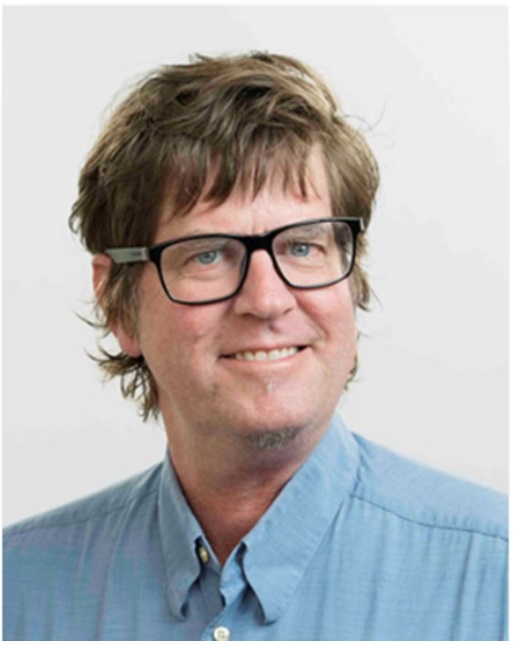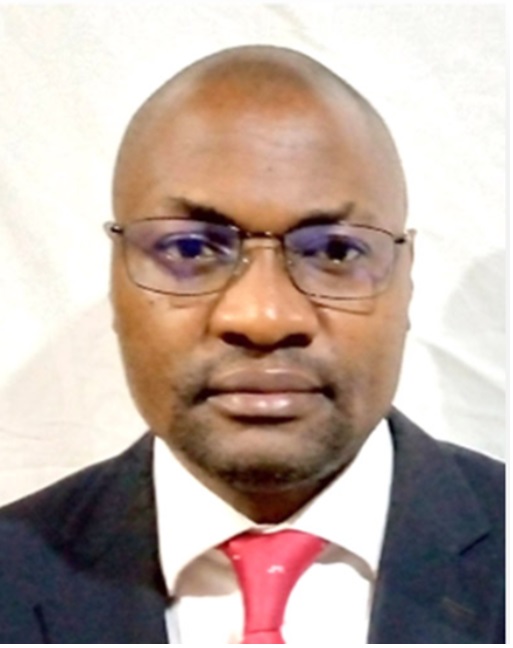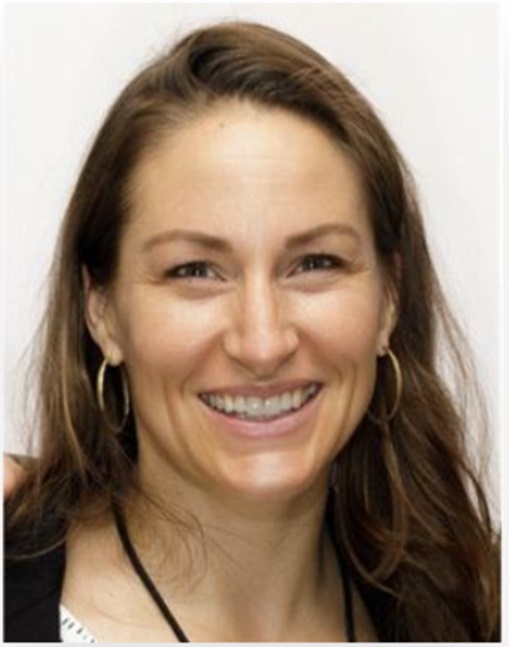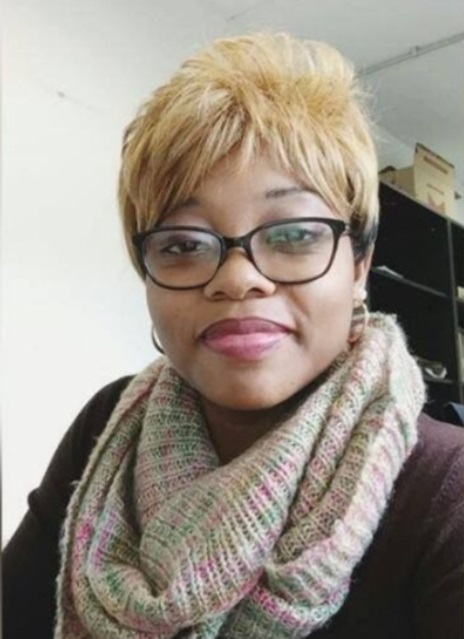Projects
Project: N°1 Equity Surveillance
A Novel Cluster-Based Algorithm to Estimate Socio-Economic Status for Health Equity Surveillance in Sub-Saharan Africa
Our long-term goal is to improve health equity
As health disparities widen globally, achieving improvements in health equity between and within regions is an urgent priority. Currently, in sub-Saharan Africa (SSA), health equity surveillance is not regularly implemented, in large part due to the difficulty in measuring socioeconomic status (SES). The lack of a quick, reliable metric of SES severely hinders researchers’ ability to study and reduce health disparities.
Our overall objective is to apply a novel cluster-based algorithm to estimate socio-economic status for health equity surveillance in sub-Saharan Africa.
We have developed a k-medoids clustering-based algorithm that generates simple, population-specific models of economic status using only four or five of the 29 to 36 Demographic and Health Survey (DHS) assets variables in Cameroon and Ghana. Each cluster’s population wealth is objectively ranked based on variables known to be associated with poverty: mean cluster child height-for-age Z-score (HAZ) and child mortality. In both countries, the efficient Economic Clusters model accounted for a similar proportion of the variance in child HAZ and child mortality as the >25 variable DHS Wealth Index model. This data-adaptive SES metric derived from publicly available DHS surveys selects the most appropriate variables for each country, minimizing resources needed for longitudinal health equity surveillance.
Our overall objective will be met through the following Specific Aims
- AIM ONE
Develop Economic Clusters models for 37 sub-Saharan African countries with Demographic and Health Survey (DHS) data since 2010. The Economic Clusters algorithm runs weighted k-medoids clustering on all possible combinations of four DHS assets variables. Optimality criteria are used to select the four variables that define the most distinct economic groups in that population. We will apply Economic Clusters to 37 countries’ nationally-representative DHS data to define population-specific economic groups.
- AIM TWO
Validate the EconomicClusters models for each country using established DHS metrics known to be consistently correlated with socioeconomic status: proportion of a woman’s children who are deceased, whether healthcare is sought at public or private facilities, and educational attainment. We will compare the effect size of the Economic Clusters to that of the DHS Wealth Index models for these outcomes to determine the Economic Clusters models’ ability to distinguish economic disparities. We will accept the Economic Clusters model as having equal to greater performance compared to the Wealth Index if the effect size for at least two outcomes is considered equivalent or better based on Cohen’s heuristic.
- AIM THREE
Characterize inequity in trauma care access and outcomes in Cameroon, South Africa, and Uganda by implementing the EconomicClusters strategy in trauma registry data collection. Economic Clusters variables for each country will be incorporated into trauma registry data collection for 12 months. We will estimate associations between SES and: (1) injury severity; (2) undergoing surgery; and (3) in- hospital mortality. These data can also be used by Seed Grant trainees.
- AIM FOUR
Develop a free, publicly available toolkit to support researchers to use Economic Clusters models strategy in their own research. A server will house ( 1) a user interface and (2) downloadable tools for investigators conducting research in SSA to determine the relative economic status of their own study subjects. Trauma registry data (Aim 3) will be used to field test the platform.
Expected Outcomes
Researchers studying health disparities can use Economic Clusters to track SES with population-specific economic models that perform as well as the DHS Wealth Index, but are more feasible in time-constrained settings. A free toolkit with variables and corresponding algorithms will be shared through a free platform for use by investigators interested in health equity research.
Principal Investigators
This Project shall be led by the following Principal Investigators and co-investigators.

Dr. Alan Hubbard
University of California Berkeley, CORE 2 LEAD

Dr. Nguefack Tsague Georges
University of Yaounde 1, CMR CORE 2 CO-LEAD

Catherine Juillard MD
University of California
Co-Investigator Project 1

Salome Maswime, MD
University of Cape Town
Co-Investigator, Project 1

Dr. Fanny Dissak-Delon
University of Bamenda, Cameroon.
Co-Investigator, Project 1



